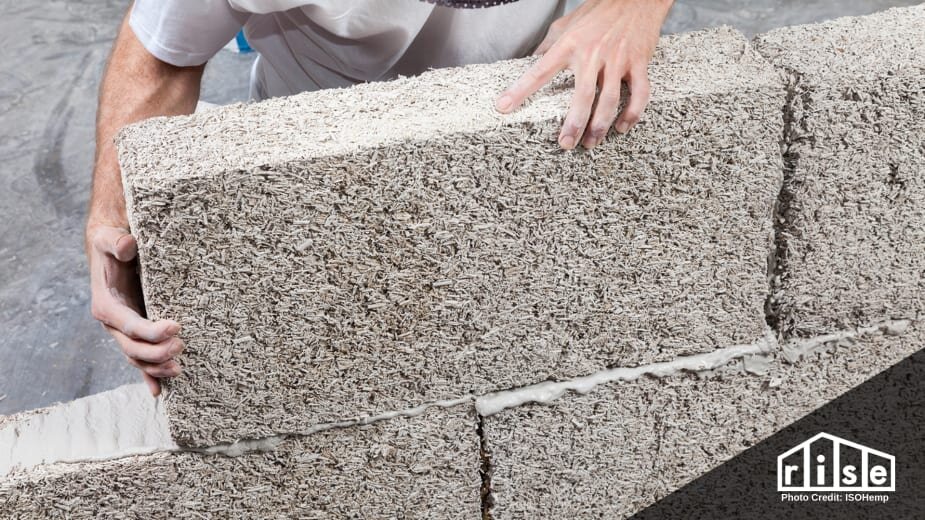1. Animal bedding
For people with pets like guinea pigs, rats, chickens, and horses, hemp makes for an excellent bedding option. Hemp is super absorbent, holding up to four times its weight, so it lasts longer than alternative bedding like straw or pine. It’s low dust and reduces odor more than the alternative options. Since hemp lasts longer and reduces the need to buy bedding as frequently, it can also provide savings for animal owners.
2. Paper
Although paper is commonly made of trees, hemp is a more sustainable and durable option. Hemp can keep up with the demand for paper much more efficiently, as it takes just four months to grow hemp stalks, while trees take 20 to 80 years. Over 20 years, an acre of hemp can produce the same amount of paper as four to ten acres of trees. Additionally, hemp has more than double the amount of cellulose as trees, so there’s less need for chemicals. Hemp paper also doesn’t turn yellow or deteriorate over time, unlike regular paper.
3. Bioplastics
Bioplastics, or biodegradable plastics, are made from plants like corn and hemp. While traditional plastic can take up to 500 years to break down, bioplastic can biodegrade within six months when properly disposed of. Bioplastic can be used to make cups, bottles, cutlery, bags, straws, and more. Producing them also requires less CO2 emissions than conventional plastic.
4. Insulation
Hemp insulation is typically a blend of hemp and polyester. It can be made of as much as 92% hemp, which is great for the environment. It’s flexible, tough, lightweight, non-toxic, and breathable. The result of these features? It’s easy to implement, healthier for people to work with, filters and absorbs condensation, and allows for air circulation.
5. Building Material
Hemp can also be used to make drywall, sealants, and glues. By concentrating fibers from hemp stalks into a pulp and mixing with water and lime, we make a hemp product called hempcrete. This is lighter and stronger than concrete, yet it’s resistant to mold, pets, and fire.
6. Supercapacitors and batteries
Batteries and supercapacitors are both used as vehicles for power storage. While most use graphene to create electrodes, researchers have found that hemp is more conductive. Hemp is a more efficient and much lower-cost alternative, making hemp batteries a better option over the traditional variety.
7. Food
Hemp is also a great source of nutrients. The seeds offer plenty of omega-3 and omega-6 fatty acids. They’re also full of protein and fiber. All of these factors make hemp products great for heart, brain, immune system, digestive system, and skin health.
8. Beauty & wellness
Hemp has been used in beauty and wellness products for years. Thanks to its omega fatty acids and vitamin content, it’s great for our skin and hair. You can find hemp as a product in body oil, lotion, lip balm, body wash, shampoo, conditioner, sunscreen, and so much more.
All parts of the hemp plant, from seed to stem, are incredibly useful in our daily lives. From our skincare routines to the walls in our homes, hemp offers up eco-friendly and versatile options.
About Forever Green
Forever Green comes from a second-generation family farm operation located in the center of British Columbia, in the town of Vanderhoof. The surrounding area known as the Bulkley Valley is primarily a forestry, mining and agricultural fueled community. After testing crop conditions in the north to see if industrial hemp was a viable crop for the area, Forever Green is a growing leader in hemp processing and farming in British Columbia.
Media Contacts:
Peter Düshop | 250-567-5673 | getforevergreen@gmail.com


